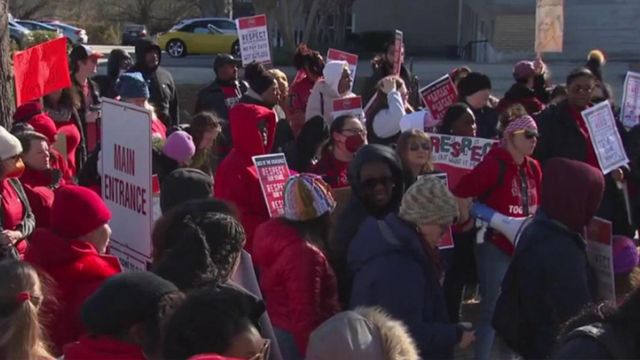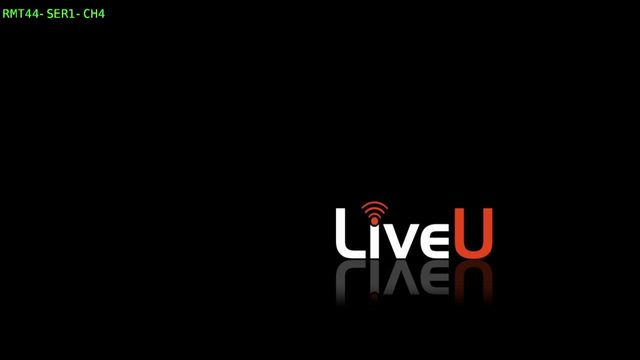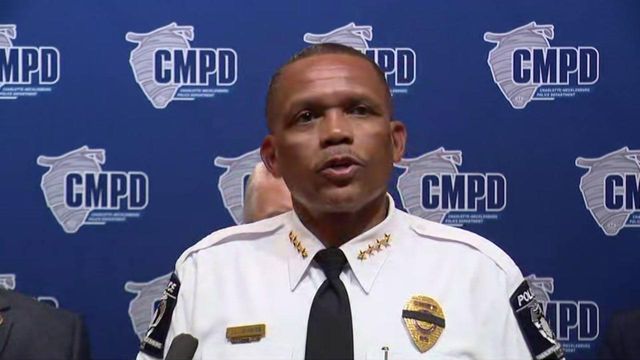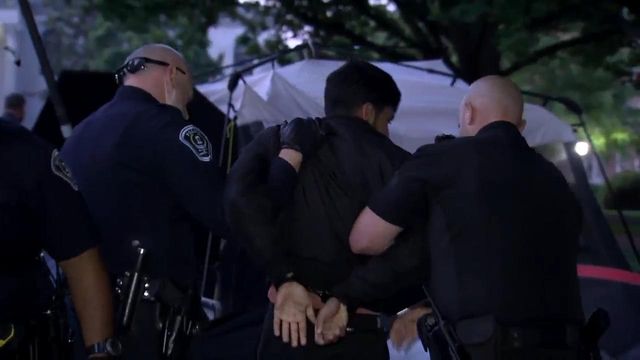'A de facto strike': Could Durham sickouts lead to more curbs on protests by public workers?
Recent sickouts by bus drivers and other public school system employees in Durham are the latest front in an increasing number of efforts by state and local government employees to push for better pay. And the effort is drawing the attention of state lawmakers, inviting discussion of whether to ban the protest tactic in the future.
Beyond shutting down public schools in Durham for at least four days this month so far, the sickouts have also highlighted key strategic differences between groups that advocate for public employees. It also places a spotlight on a national trend of labor actions across sectors — 2023 saw strikes, slowdowns or other tactics from national unions representing actors, airline pilots and autoworkers, as well as workers in cities from Durham to Charlotte to Los Angeles. Just last week, drivers for Uber and Lyft went on strike across the country on Valentine’s Day.
Like in most other states, it’s illegal for government employees to go on strike in North Carolina, punishable by misdemeanor. And there’s debate over whether the sickouts in Durham technically constitute a strike — a point that could have statewide political significance in this year’s elections.
State law prohibits state or local government employees from stopping or slowing work “as a means of enforcing compliance with a demand upon the employer.” Organizers in Durham, led by the Durham Association of Educators and the North Carolina Association of Educators, have carefully avoided use of the word “strike” in describing their efforts, and some balk at “sickout” — they prefer “day of protest.”
Regardless of terminology, they’ve openly discussed shutdowns as a means to pursue their demands over pay for support staff like bus drivers and maintenance technicians. And they got a win Thursday night, when the school board voted to create a committee made of school officials and employees to address those demands, with workers getting a majority of seats on the committee.
A sickout refers to workers banding together to call in sick en-masse. The thinking among organizers is that employees are legally entitled to take sick days. Whether coordinating sick days among employees constitutes wrongdoing has been a point of debate.
Sickouts have faced legal challenges in states such as Wisconsin and Nevada. But they’ve been seen as a workaround in North Carolina for government workers to stage tactics that some argue have the same effect as a “strike” under the law.
The NCAE, the state’s largest lobbying group for public school workers, sees sickouts — although it doesn’t use that term — as a measure of last resort, but one that can be used to great effect when necessary.
“NCAE supports educators having a voice in the decisions that impact our schools and our kids’ education,” the group’s president Tamika Walker Kelly said. “The best and least disruptive way for educators to have a voice would be for the state legislature to overturn the ban on collective bargaining. Protests should be a last resort, but that’s how many educators are feeling right now.”
The organization’s most notable protest came when an estimated 20,000 teachers all around North Carolina called out sick on the same day in 2018, with thousands marching on the state legislature to protest low pay.
But some advocates worry that it’s not a productive long-term solution.
Pro-labor protests tend to be unpopular with conservative politicians, including those who have led the state legislature since 2011. Ardis Watkins, who leads the State Employees Association of North Carolina, said SEANC made the decision years ago to seek out discussions with Republican leadership at the state legislature rather than encouraging state workers to engage in sickouts. She stands by that strategy, crediting it with North Carolina becoming in 2018 the first state in the country to guarantee a $15-per-hour minimum wage for nearly all state employees.
“We find you get more done when you sit down at a conference table than you do standing outside, holding signs,” Watkins said in an interview.
In politically progressive Durham, however, the protest strategy seems to be a successful one: The school workers have so far gotten much of what they’re asking for from the county. It follows on a similar action by City of Durham sanitation workers last year, who stopped picking up trash and recycling for a week. The next month, the city approved bonuses of up to $5,000 for all its employees.
Lawmakers weigh changes
In 2018 the raise to $15 hourly minimum for most state workers specifically excluded school employees, seen by educators as a thinly veiled political message from GOP lawmakers amid that year’s public school employee protests. And now with the Durham sickouts shining a spotlight on that tactic, there are new conversations at the state legislature about cracking down on sickouts by government workers in the future.
“It’s a subject we have to look into,” state Rep. Jon Hardister, R-Guilford, a member of House GOP leadership, told WRAL. “Because at the end of the day it’s about the students. They need to have schools that are open and operating, for obvious reasons. We want kids to be able to learn and excel academically. And they can’t do that if schools are closed.”
Senate leader Phil Berger didn’t specifically propose any ban on sickouts when asked about the issue recently, but he was critical of the sickout and the philosophy behind school employees shutting down schools in protest.
“It would seem to me that they should be able to work these things out and keep the schools open,” he told reporters. “I think people that work in school systems have a special responsibility to understand who they're really there for — or who they really should be there for. And it appears to me that folks have lost focus as far as that is concerned."
North Carolina is widely regarded as one of the least labor-friendly states in the country; it has also been named the nation's top state for businesses for the past two years.
However, the labor movement has been gathering steam. The economic rebound from the Covid-19 pandemic has led to numerous new jobs and historically low levels of unemployment, giving workers more leverage to make demands. North Carolina still remains among the least unionized states in the country, but in the past few months the state has seen workers vote to organize first-of-their-kind unions for hospital maintenance technicians, Starbucks baristas and Duke University grad students.
Since the 1940s North Carolina has been a “right-to-work” state with pro-business laws that largely defang labor unions. Hardister proposed a constitutional amendment last year to enshrine those right-to-work rules in the state constitution — a move that would shield the state’s anti-union status from future court challenges, as well as making it harder for state lawmakers in the future to undo the rules. Hardister filed that amendment, HB 614, three weeks after Michigan became the first state in decades to repeal its right-to-work rules.
The proposed amendment didn’t move forward, however. Hardister said that since there was so much else happening at the legislature last year — lawmakers passed looser gun laws and stricter abortion laws, limited transgender rights and revamped numerous voting laws leading up to the 2024 elections — the right-to-work push wasn’t a priority. But he had a key co-sponsor on it in Rep. Destin Hall, R-Caldwell, who has broad party support to become North Carolina’s next speaker of the House in 2025.
‘De-facto strike’
Hardister won’t be at the legislature in 2025. He’s leaving to run to be the state’s next commissioner of labor. If he wins that election, he said, he’d have an even bigger bully pulpit than he does now to push the legislature for changes to labor laws, including possibly a crackdown on government workers using sickouts to protest.
“I strongly support the rights of public employees to exercise their First Amendment rights,” he said, echoing state law that allows government employees to sound off on grievances so long as it doesn’t interfere with their duties.
“But it’s illegal for them to go on strike, and that’s essentially what they’re doing,” Hardister added. “A sickout is a de facto strike.”
Hardister has several challengers — Luke Farley, Chuck Stanley and Travis Wilson — in the GOP primary to replace Labor Commissioner Josh Dobson, a Republican who isn’t seeking reelection. Whoever wins that primary will face off against Democratic nominee Braxton Winston, a former Charlotte City Council member who’s also a pro-labor and Black Lives Matter activist.
Winston says the state needs more protections for workers, not fewer. State and local employees are funded by taxpayers and will provide their communities with better services if they’re happier, better-paid and less overworked, he said.
“It’s hard out here for public sector workers,” said Winston, the son of a teacher and a firefighter. “... I think the last thing we should be doing is trying to figure out how to restrict or manipulate benefits.”
Winston pointed to a 2023 strike in Charlotte by bus drivers and other Charlotte Area Transit System workers. While public employees are banned from striking, Charlotte pays a private company to run its transit system. So those workers were allowed to strike — and when they did, they won a double-digit pay raise plus even higher pay for working nights and holidays, among other concessions, WSOC-TV reported at the time.
Winston said he’s been following the situation in Durham and agrees it has been chaotic. But it would have gone better, he said, if the county and its employees weren’t banned from directly negotiating. In general, he said, he’d push for more pro-labor changes if elected labor commissioner, including for government workers.
“Data shows workers make more, businesses run more efficiently, and work is done safer, in the presence of labor unions and organized workers,” Winston said. “We do ourselves quite a disservice when we don’t have those.”
‘A historic moment’
Organizers in Durham continue to work with school system officials as they pursue more leverage with school leaders.
Collective bargaining directly between government officials and workers is illegal in North Carolina — something both Winston and NCAE say they’d like to see change — but a school board vote Thursday to authorize a committee to negotiate an end to the protests indicates leadership is looking for a fast resolution.
“This is a historic moment that we’re sitting around this table and having this conversation,” school board chair Bettina Umstead said at Thursday’s meeting.
It’s unclear if Durham leaders considered using the threat of arrests under anti-striking laws to try shutting down the protests — or if the district might support legislative changes to crack down on such tactics in the future. The previous superintendent, Pascal Mubenga, resigned under pressure earlier this month as the pay debacle grew. Current school system officials didn’t immediately provide responses to WRAL’s questions Friday about whether they had considered legal action to stop the sickouts or whether they support legislation to prevent such tactics.
Walker Kelly, the NCAE president, said her group and Durham organizers plan to keep pushing for better pay and treatment — not only from local leaders but also the state legislature, which provides the majority of school funding in North Carolina. And they’ve been emboldened by their swelling ranks; hundreds of people have joined the Durham Association of Educators in the past year, the group has said.
“The dedication and resilience of our public school teachers, bus drivers, school counselors, and other education professionals should be commended,” Walker Kelly said. “However, the continued lack of state funding is pushing educators out of the profession, while deteriorating student learning conditions.”
WRAL Reporter Monica Casey contributed to this report.














